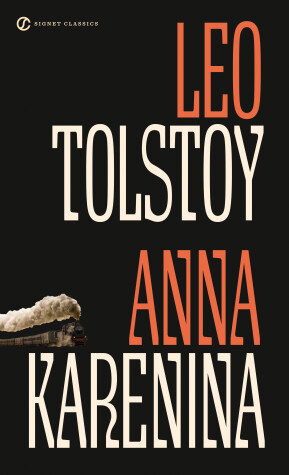Reviewed by clq on
Mind you, it is easy to see why it is long. The story is very much driven by the characters in it, making it necessary to spend a long time describing the characters and their thoughts. This results in my favourite aspect of the book: the character's actions are very believable most of the time. Because the reader knows the characters rather well, the way in which they react to situations seems natural. The characters are all quite different, and much time is spent describing their outlook on life, their thoughts on the world and other important matters. During most of the book this becomes a natural part of the story, as, after all, the story is driven based on the character's outlooks on these very things.
Unfortunately the book ends a little too late. I didn't mind it going on for a bit after the obvious place in which it could have ended, but personally I feel like the ending, in a sense, resolved something which I think would have been better left unresolved. It doesn't help matters that the only justification for the last 60 pages seemed to be the author's desire to make the very point I didn't want to see made. Overall though, I rather liked Anna Karenina, but it is possible that I might have liked an abridged version better. And this is the first time I have thought that about a book.
Reading updates
- Started reading
- 10 January, 2013: Finished reading
- 10 January, 2013: Reviewed
